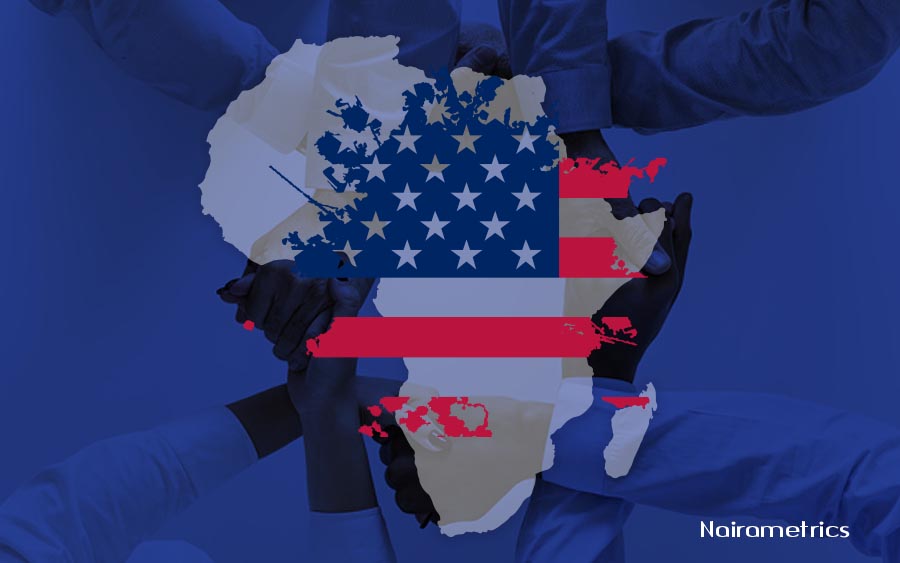Back in the days, it was a dream and a desire for people to relocate to western countries in search of a better life; however, as the years have progressed, life in the west has shown its complex side with the results of the 2016 U.S elections and the Brexit referendum in the United Kingdom. These events have surely sparked interest from a few first-world citizens, particularly black people, who have adamantly made it clear of their intentions to leave their respective countries and explore life in the African Continent.
In attempts to escape the problems of racism and oppression in the first world, some of the black diaspora turn their attention to the African continent because it is really and truly the motherland. It is also the continent where their ancestors resided before they were thrust on ships and taken to foreign lands. For many years, black people in the diaspora, particularly black Americans always found the African continent very intriguing. They saw the continent not only as an opportunity for economic advancement but also as one in which they could reconnect with cultural heritage.
Black Americans and other Caribbean immigrants have been immigrating to the country from time. In fact, Ghana has currently implemented the “Right of Abode” program for people with African ancestry. According to the Ghanaian Immigration Act of 2000, the concept of the right of abode program permits individuals from the African diaspora to come and go into the country as they please without any obstacles. It also allows people of African descent to gain permanent residency in Ghana.

The program from the Ghanaian government has been successful in large parts; however, it does come with some challenges and some loopholes. According to the Atlanta Black Star, the residency program in Ghana has a few requirements. It requires that the person must be 18 years of age; the person must be of good character; the person must be financially independent; the person must have a good criminal record, which should not show a conviction or imprisonment for a criminal offence of 12 months or more.
The loophole in the right of abode program is the fact that it does not specifically define the basis of African ancestry. In other words, anyone who claims to have 1% African ancestry might want to claim the benefits of this law. Also, the Right of Abode law has yet to be fully implemented, despite its introduction 14 years ago. According to Atlanta Black Star, Tameshia Rudd Ridge, a resident from Plano, Texas, who recently settled in Ghana, claimed that Bob Marley’s widow, Rita Marley, is the only one to have received the full benefits of this policy. She is currently the only person from the African diaspora that has been granted an indefinite stay in the country.
[READ MORE: Why Detty December is synonymous with the growth of Nigerian tourism]
Though the right of abode program has provided black Americans the opportunity to settle in Ghana, the law does come up short due to some of the challenges expressed by some of the “foreign” black settlers. This is why more countries in Africa need to adapt a system that permits African Americans to obtain dual citizenship in their country.
The countries of Tanzania, Cameroon, Democratic Republic of Congo (DRC) and Ethiopia are just some of the countries in Africa, according to DW, that strictly prohibit dual citizenship. While there is no just reason for their stance in banning dual citizenship, one can only wonder why the countries are opposed to people carrying a second passport.

Dual citizenship would come with a lot of advantages for both Africans and African Americans. According to the Brookings Institute, Africa would be the home to 1.7 billion people and $6.7 billion of combined consumer and business spending in 2030.
Furthermore, the Brookings Institute further states that there are over 400 companies in the African region that have annual revenue of more than $1 billion.
This source of information would be very useful to the millions of African American owned companies in the U.S, especially those that have come up with new technologies to drive the fourth revolution in Africa and would be looking to expand their business into a different market. It would promote new partnerships with black people globally. In addition, the benefit of African Americans and Africans connecting on a business level could help African countries access more capital from the United States and the European Union, which could be used for improving infrastructural development across several African nations.
Besides the business opportunities, dual citizenship will foster the union black people across the world. Though separated during the transatlantic slave trade, there remains an opportunity to make amends for the years of separation from our brothers and sisters in the diaspora. I urge more of our African leaders to strongly look at crafting policies that allow dual citizenship for black Americans and for other foreign blacks in the diaspora.
The only way we can overturn 400 years of oppression is by promoting black unity on a global scale. This would be the ultimate benefit of dual citizenship.
Paul Olele Jnr writes from Washington DC. He is a 2019 graduate of George Washington University and currently works as graduate Media and Research Intern at the Initiative for Global Development.








.gif)







I agree. Why would any Black entrepreneur want to risk investments in Countries that refuse to allow him/her full legal rights as a citizen?
A Country like Tanzania could have a special citizenship by Investment program that provides a passport with dual citizenship privileges for an investment minimum of $100,000 USD, or $1 Million USD, or $10 Million USD, whatever. It seems these nations are more concerned with keeping their citizens from leaving OUT, vs. allowing capital investment to come IN.